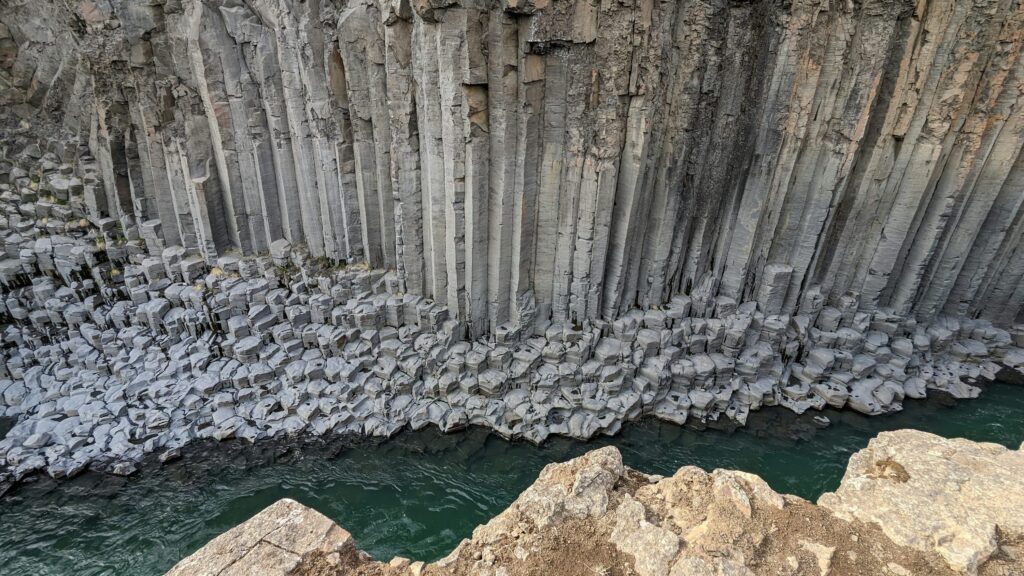Scientists using innovative techniques are making surprising discoveries. Which might seem a humdrum statement, including on a story about learning that the Earth’s interior is really weird and interesting as well as hot. What Carl Sagan derided as “a hunk of rock and metal” is far more complex than scientists had thought, with huge mountains 1000 km underground and Australia-sized blobs driving vast plumes of hot rock. Oddly, nobody is saying yeah but 97% of scientists think it’s got four simple layers so shut up you flunkies for the lava industry. No one seems surprised that the science of the solid Earth is complex and full of surprises, or angry at those who challenge received wisdom.
The story actually has a climate angle. As NBC incautiously quotes Oxford seismologist Maria Tsekhmistrenko “There’s a high correlation between these [blob/plume] events, climate changes and mass extinctions over the past few hundred million years”. Climate changes? From natural causes? Say it ain’t so.
There is a branch of climate alarmism that can deal with such statements. But in a weird way. Basically it admits that nothing that it has to say about the causes and effects of climate has any relevance before Richard Nixon became president of the United States. There may have been vast changes driven by seismic events long ago. But some unspecified thing changed a half-century ago that upended the laws of physics including cause and effect and it’s all different now.
Others, like Al Gore, insist that climate was essentially stable until bad humans angered Gaia with our sinful ways. But truth will out, sometimes from deep underground on a plume of magma. And the truth is that climate is complex, with powerful natural forces.
The truth is also that science proceeds by challenging consensus. The reason innovative researchers look for, say, complexity within the Earth isn’t that their textbooks say it’s there. It’s because their textbooks say it’s not. Of course a great deal of what Karl Popper called “normal science” consists of filling in gaps by applying accepted methods to accepted questions and finding expected answers. But the critical “Eureka” moments come when someone says we’re running in ever-narrower circles and need to look for a whole new route forward.
If climate alarmism is right, attempts to challenge its premises will fail. But in doing so they will do science, and humankind, a service by eliminating false hypotheses and strengthening true ones. And if climate alarmism is wrong, they will do science, and humankind a service by steering us away from intellectual and policy error. So it’s win-win. Why then is this the one branch of science where daring to ask “Is it really true?” brings not admiration and a grant, but abuse, ostracism and in too many cases firing or career disaster?
Nobody invokes “consensus”, real or imaginary, to silence debate in seismology, biology, mathematics or any other science you care to name. Except when it touches on climate. And they should not do it there either.


